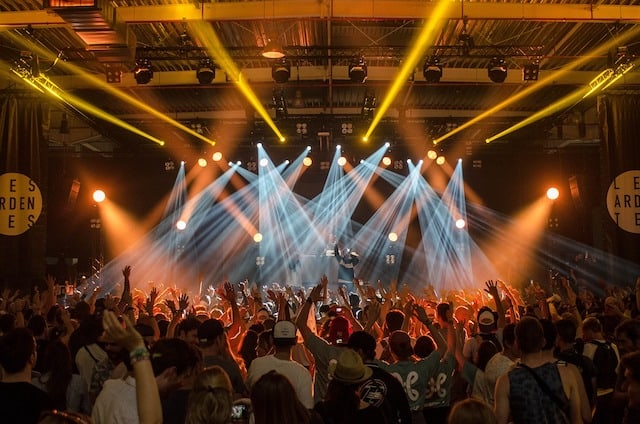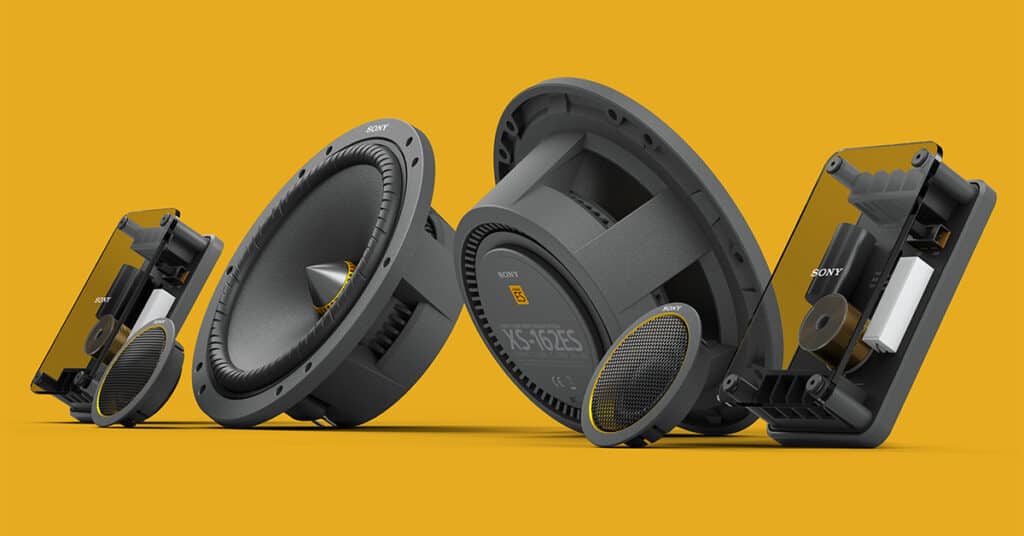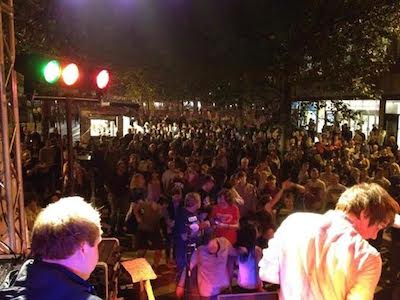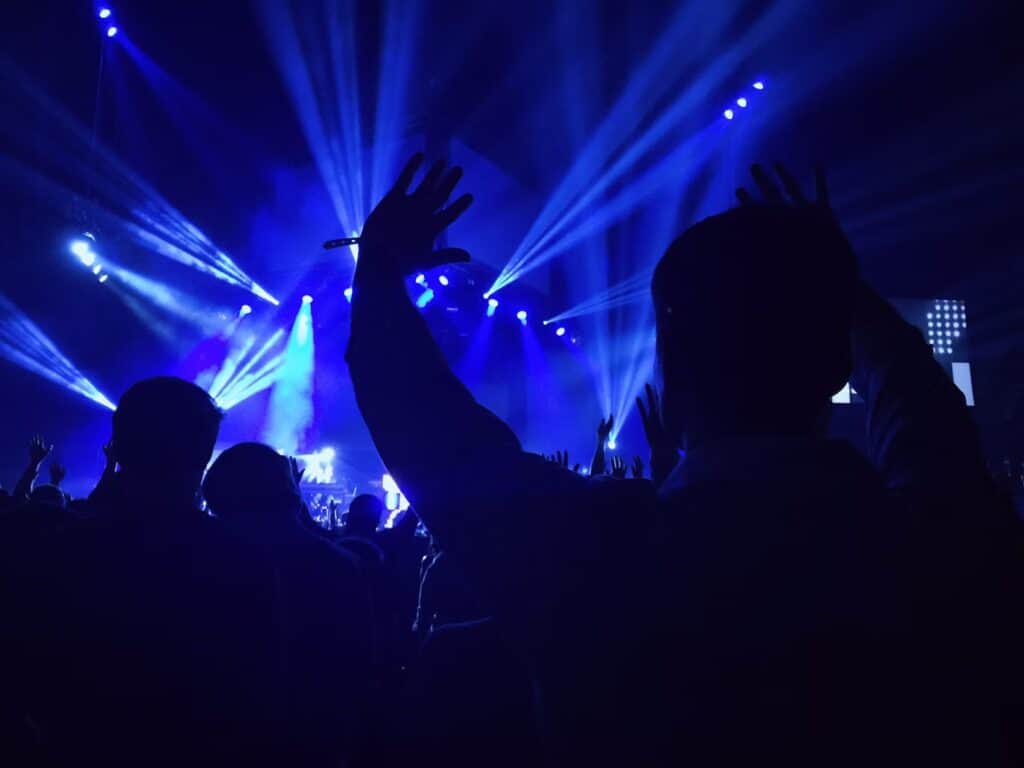Live music events have an undeniable magic that transcends mere entertainment. They’re an electrifying blend of sonic artistry, collective euphoria, and the kind of memories that linger for a lifetime. But what really fuels the fire behind these mesmerizing concerts? It’s more than just the beats and melodies; it’s the strategic wizardry behind ticket sales. In this quick dive into the world of live music events, we’ll uncover the secrets that transform empty seats into sold-out arenas. From dynamic marketing tactics to the power of social media buzz, join us as we unravel the captivating journey of how live music events orchestrate their ticket sales to create unforgettable nights for fans and artists alike.
Innovative Ticketing Technologies
Ticketing technologies have become instrumental in enhancing the ticket sales process. Modern ticketing solutions leverage cutting-edge digital tools and platforms to simplify the purchase experience for concertgoers. Mobile apps and event ticketing platforms offer seamless and secure ticket transactions, eliminating the need for physical tickets. These technologies also enable event organizers to implement dynamic pricing strategies, ensuring that ticket prices are optimized based on demand.
Moreover, dynamic seating arrangements and virtual venue maps empower attendees to choose their preferred seats, enhancing overall satisfaction. In essence, innovative ticketing technologies not only streamline the ticketing process but also contribute to the success of live music events by offering convenience and personalization to fans.
Strategic Booking and Lineup Selection
The heart of a successful live music event lies in its lineup. Event organizers strategically curate an enticing mix of artists, catering to a diverse audience while aligning with the event’s theme and goals. This selection process involves a careful balance of booking popular headliners to draw crowds and introducing emerging talent to captivate music enthusiasts.
By understanding their target demographic and musical preferences, organizers ensure the lineup resonates with potential attendees. The strategic booking and lineup selection not only entices fans but also creates a buzz that drives ticket sales, making it a pivotal factor in the overall success of live music events.
Effective Marketing and Promotion
Marketing and promotion play a pivotal role in the success of live music events. Event organizers employ a multifaceted approach that leverages digital and traditional channels to create maximum visibility and excitement. Through social media campaigns, influencers, and partnerships with media outlets, they generate anticipation and engage potential attendees. Data-driven strategies help organizers target the right demographics with tailored messaging and incentives.
Effective marketing not only creates a buzz around the event but also maintains momentum throughout the ticket sales period. By consistently reinforcing the event’s unique value proposition, organizers can boost ticket sales, ensuring that venues are filled with enthusiastic fans ready to experience unforgettable live performances.
Enhanced Fan Engagement
Live music events are not just about the music; they’re about the experience. Event organizers prioritize fan engagement through a range of strategies that foster a deeper connection between attendees and the event. This begins with providing unique fan experiences, such as meet-and-greets, exclusive merchandise, or interactive pre-event activities.
Building a loyal fan community through online forums and social media groups creates a sense of belonging and anticipation. Engaging fans throughout the event’s promotion and execution phases cultivate excitement and loyalty, ensuring they not only attend but also become advocates who spread the word and drive ticket sales through their enthusiasm and endorsements.
Dynamic Pricing Strategies
Ticket pricing is a critical aspect of live music events, and dynamic pricing strategies have emerged as a powerful tool for maximizing ticket sales. Organizers implement tiered pricing models that offer early bird discounts and package deals to incentivize early purchases. These strategies not only reward loyal fans but also create a sense of urgency.
Additionally, dynamic pricing adjusts ticket prices based on demand and supply, ensuring that tickets are priced optimally throughout the sales cycle. This approach maximizes revenue by capitalizing on peak demand periods while offering more affordable options during slower sales periods, ultimately contributing to the overall success of the event.
Community and Sponsorship Engagement
Successful live music events extend beyond the concert itself, fostering connections with the community and strategic sponsors. Building relationships with local businesses and sponsors not only provides financial support but also enhances the event’s reach and credibility. These partnerships can result in collaborative pre-event activities, co-branded promotions, and exclusive offerings that engage the local audience and create excitement.
Moreover, involving the community through interactive initiatives and volunteer opportunities deepens the event’s roots, making it an integral part of the local culture. Community and sponsorship engagement contribute significantly to ticket sales by expanding the event’s exposure and generating goodwill among potential attendees.
Live music events thrive on a combination of strategic elements that work in harmony to boost ticket sales. Strategic booking and lineup selection set the stage, while effective marketing and promotion generate excitement and anticipation. Enhanced fan engagement creates a loyal and enthusiastic audience, and dynamic pricing strategies ensure optimal revenue. Lastly, community and sponsorship engagement extend the event’s impact beyond the venue. When orchestrated with precision, these elements not only drive ticket sales but also elevate the overall success of live music events, creating memorable experiences for both organizers and attendees.







